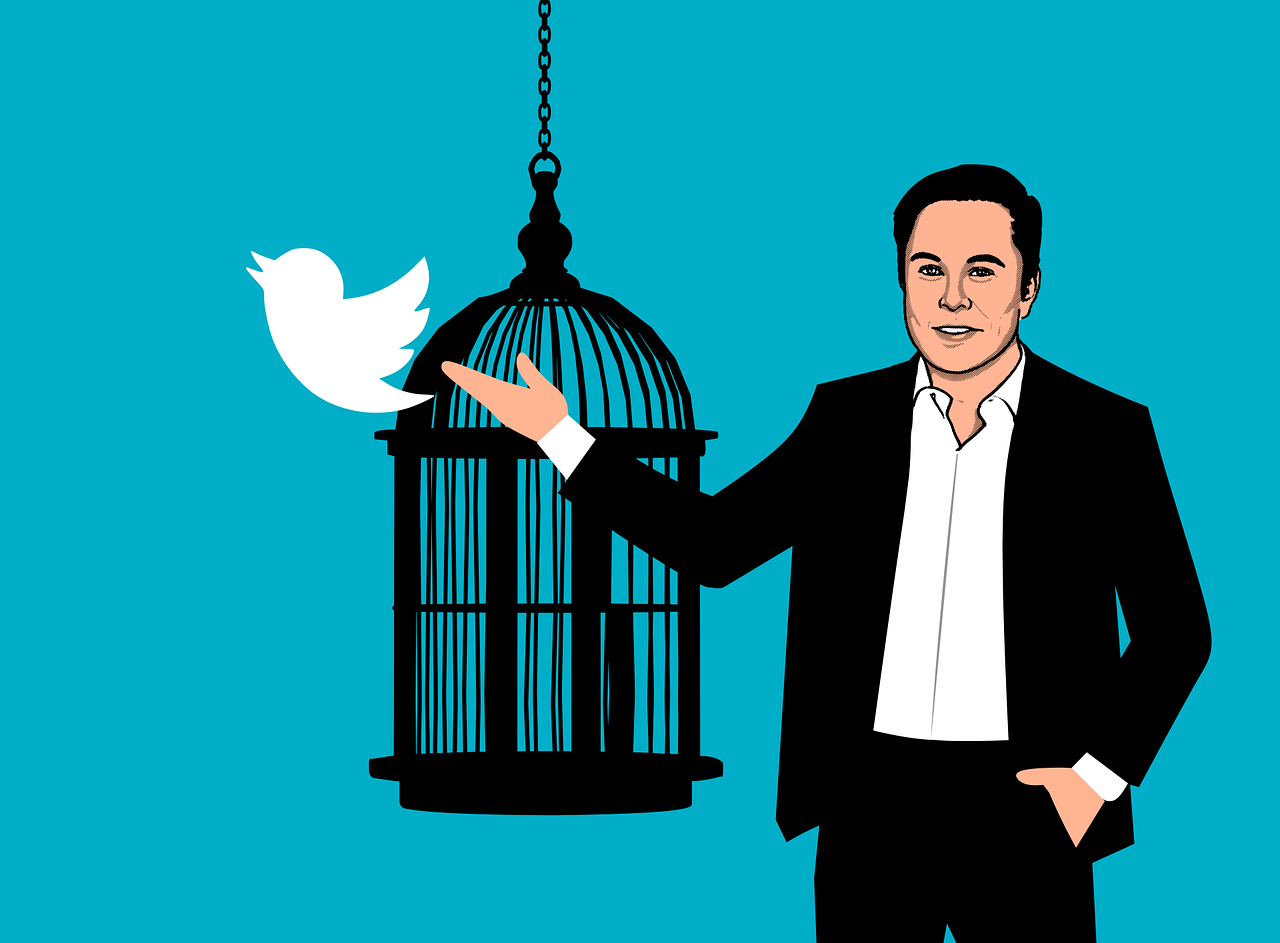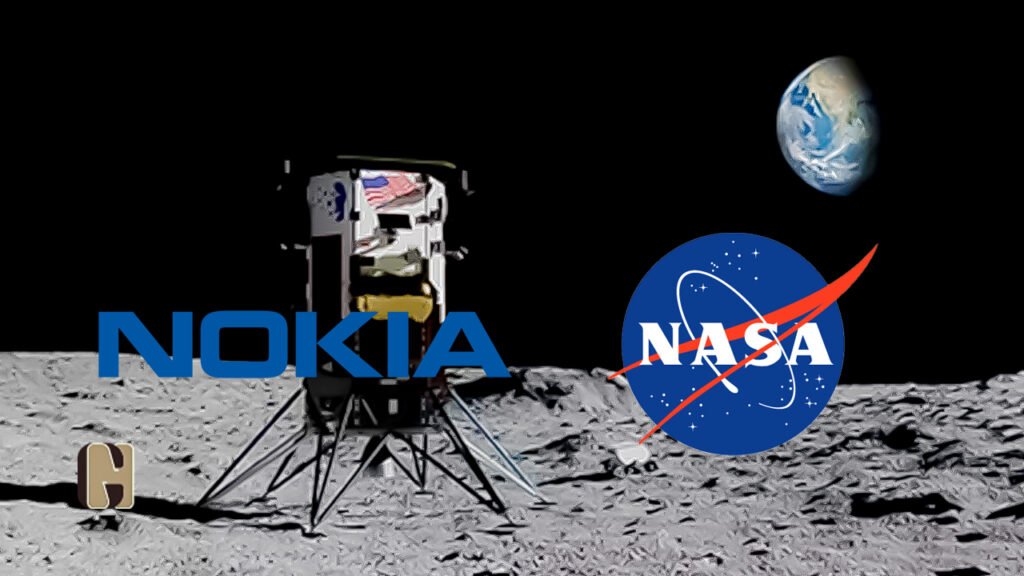News
Twitter’s Brazil Shutdown: Elon Musk’s X Legal Battle
Legal Battle: Elon Musk’s X in Brazil
The legal dispute between Company X and Supreme Court Justice Alexandre de Moraes has sparked significant controversy regarding free speech and censorship. Elon Musk, CEO of X, took to the platform to criticize Justice Moraes, even going as far as likening him to the infamous Harry Potter villain Voldemort. This clash between a tech giant and a high-ranking judicial figure underscores the complexities of balancing freedom of expression with legal boundaries.
Company X’s transformation from Twitter further complicates the situation, as it brings into question the platform’s responsibilities and rights when operating in different jurisdictions. Musk’s public statements shed light on the challenging decision-making process that led to X’s closure in Brazil. Despite acknowledging the difficulty of shutting down operations, Musk emphasized that complying with what he deemed as “illegal” censorship demands would have been untenable.
The implications of this legal battle extend beyond Company X itself, raising broader questions about online censorship and its impact on global tech operations. As tensions escalate between tech companies and regulatory authorities worldwide, navigating these complex issues becomes increasingly crucial for maintaining a balance between freedom of expression and combating misinformation.
Background of the Legal Dispute

Image Source: pexels
Clashes Over Free Speech and Misinformation
Company X’s commitment to free speech has been a cornerstone of its platform, allowing users to express diverse opinions. However, this stance collided with Justice Alexandre de Moraes’ orders aimed at curbing misinformation and targeting far-right accounts on social media. The clash between X’s principles and Moraes’ regulatory directives set the stage for a prolonged legal battle that ultimately led to the closure of X’s operations in Brazil.
Justice Moraes’ interventions were perceived by Company X as encroachments on free speech, sparking tensions over the boundaries of online expression and regulatory oversight. As Moraes issued orders targeting specific content deemed harmful or misleading, X found itself at odds with Brazilian authorities regarding the extent of its responsibility in moderating user-generated content.
The evolution of this dispute unfolded against a backdrop of increasing scrutiny on tech companies’ roles in combating misinformation and ensuring digital safety. While Company X aimed to uphold its commitment to free speech, it faced mounting pressure from regulatory bodies like the Brazilian Supreme Court to adhere to local laws and regulations governing online content.
As these clashes intensified, Company X faced difficult decisions regarding compliance with legal directives while safeguarding its core values. The closure of X’s operations in Brazil marked a significant turning point in the ongoing debate over online censorship, highlighting the intricate interplay between freedom of expression, regulatory frameworks, and corporate responsibilities in the digital age.
Legal Threats and Censorship Orders
Orders and Threats from Justice Alexandre de Moraes
Justice Alexandre de Moraes’ actions against Company X included investigations into Elon Musk for allegedly disseminating fake news and engaging in defamation. These legal probes intensified the already strained relationship between X and Brazilian authorities, leading to heightened tensions over the platform’s content moderation practices.
Perceived censorship by Company X stemmed from Moraes’ orders targeting specific accounts and content deemed to violate local regulations. As X grappled with balancing its commitment to free speech with regulatory compliance, the company faced mounting pressure to adhere to Moraes’ directives, raising concerns about potential infringements on online expression rights.
The impact of these legal threats on X’s decision to shut down operations in Brazil cannot be understated. The looming specter of arrests and escalating legal battles posed significant risks to X’s staff and operations, prompting the company to prioritize safety measures over continued presence in a contentious regulatory environment.
As Company X navigated the complex landscape of legal challenges and censorship orders, the implications of Moraes’ actions reverberated across the tech industry. The clash between a prominent tech figure like Musk and a high-ranking judicial authority underscored broader debates surrounding online freedom of expression, governmental oversight, and corporate accountability in an increasingly digitized society.
The Closure of Company X’s Operations
Forced Decision and Safety Concerns
The decision to shut down Company X’s operations in Brazil was not made lightly but was driven by a combination of external pressures and internal safety concerns. Threats of arrests issued by Justice Alexandre de Moraes loomed large over X, creating a hostile environment that left the company with limited options.
Compliance with censorship orders became increasingly untenable for X as it navigated the delicate balance between legal obligations and its commitment to free speech. The closure of X’s offices in Brazil marked a pivotal moment in the ongoing legal battle, signaling the company’s unwillingness to compromise its principles in the face of mounting regulatory challenges.
Challenges faced by X executives during this tumultuous period were multifaceted, encompassing not only legal complexities but also considerations for staff safety. The decision to prioritize employee well-being and security underscored the real-world implications of online disputes that spill over into physical threats and legal repercussions.
As Company X grappled with the aftermath of closing its operations in Brazil, questions lingered about the broader implications for tech companies operating in regions with divergent regulatory landscapes. The closure served as a stark reminder of the intricate dance between corporate responsibilities, legal compliance, and ensuring a safe working environment for employees amidst escalating tensions.
Complexities of Online Censorship
In the realm of online censorship, tech companies like Company X face a delicate balancing act between upholding freedom of expression and combating the spread of misinformation. The legal battle between X and Justice Alexandre de Moraes in Brazil serves as a microcosm of the broader challenges that tech platforms encounter when operating in diverse regulatory environments.
The implications of such legal disputes extend beyond individual companies, shaping the landscape for all tech entities and online platforms. As governments worldwide grapple with how to regulate digital spaces effectively, the evolving nature of online censorship underscores the need for clear guidelines and transparent communication between authorities and tech firms.
Navigating these complexities is essential for tech companies to maintain their global operations while adhering to local laws and societal expectations. The ongoing dialogue surrounding online censorship highlights the intricate interplay between freedom of speech, regulatory compliance, and corporate responsibility in an increasingly interconnected world.
Ultimately, finding a harmonious balance between these competing interests will be crucial for shaping the future of online discourse and ensuring a safe and inclusive digital environment for users worldwide.
News
Fyre Festival II Tickets Selling for Up to $1.1 Million
Fyre Festival 2 is officially happening, with tickets now on sale, ranging from $1,400 to a staggering $1.1 million. The sequel to the infamous 2017 festival disaster is set to take place on Isla Mujeres, Mexico, and promises an exclusive three-day experience filled with music, art, cuisine, and adventure.
Who’s Behind It?
Billy McFarland, the convicted fraudster behind the original Fyre Festival, is leading the event once again. However, this time, the festival is being managed by Lostnights, a seasoned live event production company. Despite McFarland’s assurances that “Fyre 2 will be a historic experience”, skepticism remains high.
What’s Included in the $1.1M Package?
The highest-tier ticket package, dubbed “Prometheus: God of Fyre”, includes:
- Luxury yacht accommodations
- Exclusive beachside performances
- VIP access to events and excursions
- Private dining experiences
No Lineup Announced Yet
As of now, no official artist lineup has been revealed. However, McFarland has hinted that it will feature electronic, hip-hop, pop, and rock acts.
Is It Worth the Risk?
Many remain skeptical about whether Fyre Festival 2 will actually happen or if it will be another high-profile failure. Tickets are available on the official Fyre Festival website, but given the history of false promises, potential attendees may want to proceed with caution.
News
Nokia Deploys First 4G Network on the Moon
Nokia has made history by deploying the first 4G/LTE cellular network on the Moon. This groundbreaking achievement is part of NASA’s IM-2 mission and was made possible through a partnership with Intuitive Machines, a private space exploration company.
The network, known as the Lunar Surface Communication System (LSCS), was integrated into Intuitive Machines’ Athena lander and successfully launched aboard a Nova-C class lunar lander named Odysseus. This technology will support future exploration by providing high-speed connectivity between lunar vehicles, robotic systems, and Earth.
Why Does the Moon Need 4G?
Nokia’s 4G network is designed to improve connectivity for future crewed and uncrewed missions. The network will:
- Enable real-time communication between landers, rovers, and astronauts.
- Support high-definition video streaming, telemetry data transmission, and command-and-control functions.
- Help with resource mapping, particularly in the Moon’s south pole region, where scientists search for water ice deposits.
How Does It Work?
The LSCS system is housed within Athena’s carbon-composite panels and is built to withstand the harsh conditions of space travel. It connects to two lunar mobility vehicles:
- Micro-Nova Hopper: A mini-lander designed to explore permanently shadowed lunar regions.
- MAPP Rover (Mobile Autonomous Prospecting Platform): A robotic rover developed by Lunar Outpost to traverse the lunar surface and carry out exploration tasks.
Once operational, the rover will deploy from Athena, extend its antennas, and connect to Nokia’s 4G network, ensuring a seamless communication link back to Earth.
Future of Lunar Communications
This project is a key step toward building a permanent lunar infrastructure. Nokia and Intuitive Machines hope to expand this technology to Mars, allowing cellular networks to play a vital role in deep-space exploration.
Steve Altemus, CEO of Intuitive Machines, described the initiative as a “transformative moment in the commercialization of space”, emphasizing its importance in NASA’s Artemis program, which aims to establish a sustainable human presence on the Moon.
This deployment is expected to revolutionize space exploration, paving the way for human settlements, resource extraction, and future Moon-based industries.
News
Instagram May Be Launching a Separate Reels App

Instagram is reportedly exploring the idea of launching a standalone app for Reels, aiming to compete more aggressively with TikTok. This move could separate short-form video content from the main Instagram app, providing a dedicated space for Reels content, similar to how Facebook once separated Messenger from its main app.
Why Instagram Might Do This
A separate Reels app could give Instagram a stronger presence in the short-video market. Many users currently prefer TikTok for its algorithm-driven discovery and engagement.
Having a standalone app may allow Instagram to enhance user experience, making Reels more appealing with features that could rival TikTok.
Currently, Reels can get buried in Instagram’s interface. A dedicated app might provide better reach and discoverability for creators and brands.
Potential Challenges
- User Adoption: Instagram previously launched Threads as a separate messaging app, but it struggled to gain traction. A Reels app might face the same issue.
- Impact on Instagram’s Engagement: If users move to a new app for Reels, this could lower engagement on the main Instagram app.
- Content Strategy for Brands: Businesses and influencers will need to decide whether to focus on Instagram Reels or shift efforts to the new app if it launches.
What This Means for Users and Creators
If Instagram moves forward with a separate Reels app, early adopters could benefit from increased exposure. However, if the app fails to gain popularity, it could follow the fate of other short-lived experiments. For now, Instagram has not officially confirmed the launch, but reports suggest testing may already be underway.
Would you be interested in using a standalone Reels app, or do you prefer having everything within Instagram?
-

 News1 year ago
News1 year agoKolkata Doctor Case: Tragic Story of Dr. Moumita Debnath
-

 Health And Fitness1 year ago
Health And Fitness1 year agoPepsi Zero Sugar vs Diet Pepsi: Which Is Healthier?
-

 Health And Fitness1 year ago
Health And Fitness1 year agoHow to Choose a Rehab for Lasting Recovery
-

 News1 year ago
News1 year agoLondon King Opens Up About Her Relationship with Rob Schneider
-

 Tech Innovation1 year ago
Tech Innovation1 year agoTop Machine Learning and Deep Learning Trends for 2024
-

 Tech Innovation1 year ago
Tech Innovation1 year agoHuawei Mate XT: A Detailed Review of the World’s First Tri-Fold Smartphone
-

 Health And Fitness1 year ago
Health And Fitness1 year agoCoca-Cola Zero Sugar vs Diet Coke: Which One to Choose In 2025?
-

 News11 months ago
News11 months agoTyra Banks Biography: Age, Husband, Net Worth



